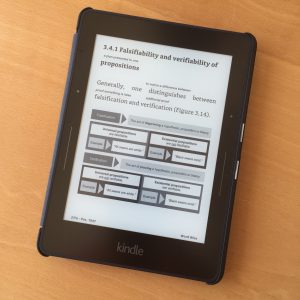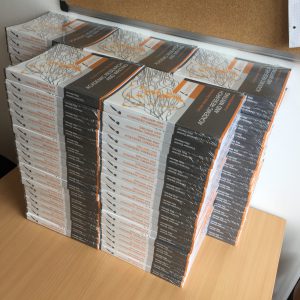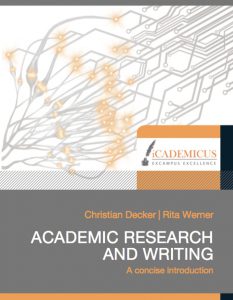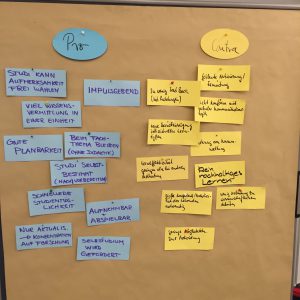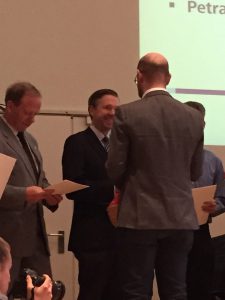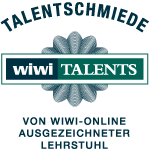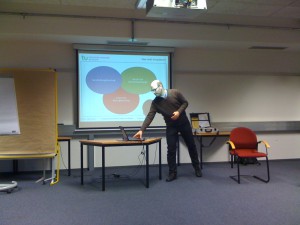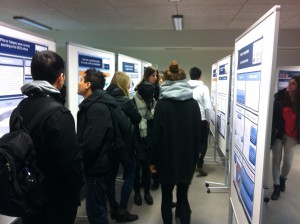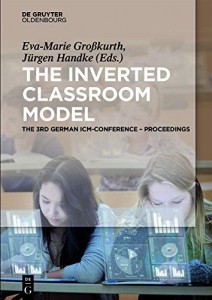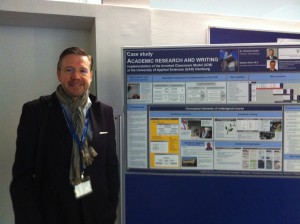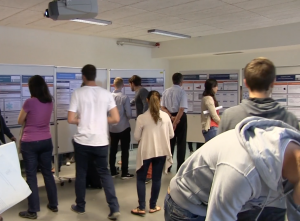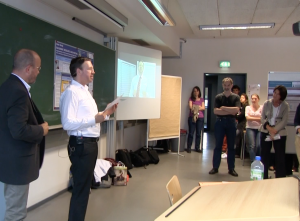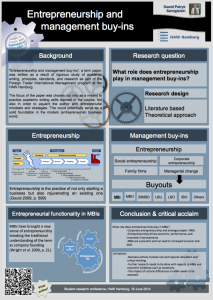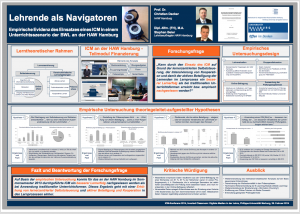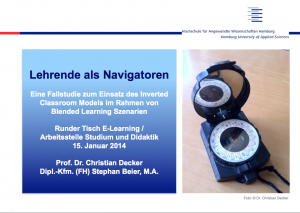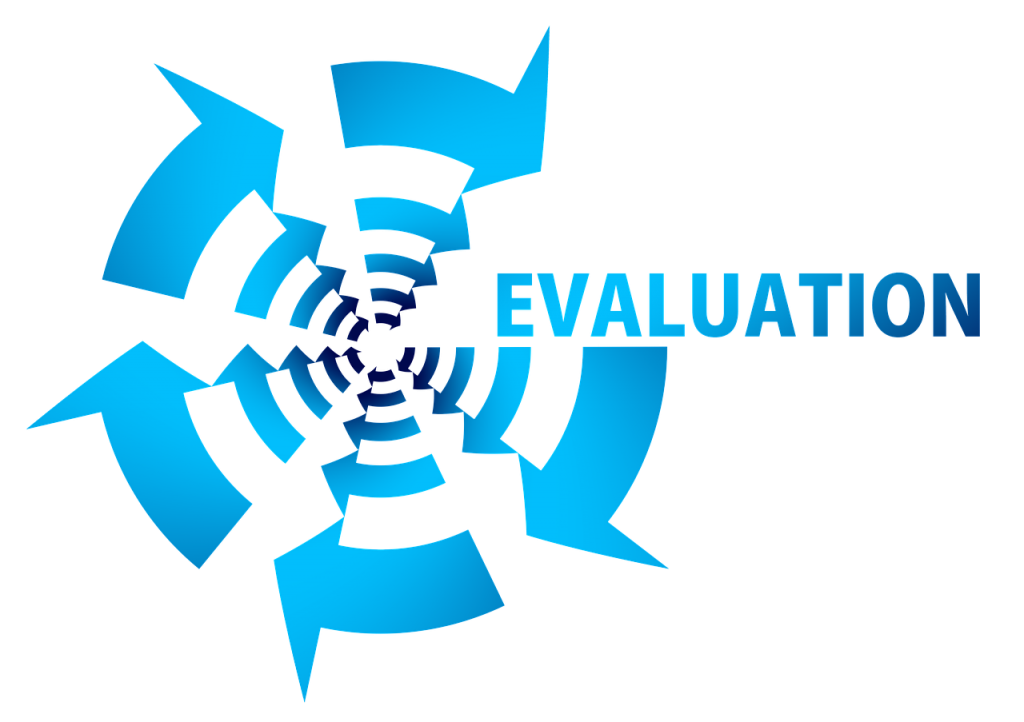
Recently, I have held a number of internal and external higher education workshops.
Due to the suggestions of the participants of the first workshops, I had changed some parts of my concept and was now curious to see how these interventions would be received. Surprisingly for me, those parts that were praised initially were now partially criticized. Also those parts were partially criticized which I had taken up (or changed) due to the wishes of previous participants. On the other hand, parts that I left in the workshop despite criticism from the last time participants were now positively appreciated.
I know these contradictory statements from teaching evaluations of my own courses and lectures at my university:
“It helps that you teach with a headset microphone.” versus “I find it ridiculous and annoying that you teach with a headset microphone.”
“The speed is just right for me” versus “It’s all going way too fast (slow) for me.”
“I find the online units very helpful” versus “I don’t like the online units at all”.
“I think it’s very good how we’re developing the content step by step on the blackboard.” versus “I find it annoying when I don’t get a finished (printed) picture served.”
And so on…
Of course there is a natural dispersion in many aspects of teaching and learning, but especially with polar and conflicting evaluation results one can start to wonder whether one is doing it right or wrong.
What do I personally learn from this?
1) Small group sizes cannot per se convey a representative picture. Each group unfolds a different dynamic, which also results from the interaction of the individual participants. Although this is a truism, we sometimes tend to take criticism personally and/or professionally very seriously. Especially if we have reflected intensively on the instructional design beforehand.
2) It is unlikely that the expectations and needs of all participants can be fully satisfied. Therefore a seemingly unconditional positive feedback should be rather critically questioned. This holds true for the reverse case as well.
3) Diplomatically phrased statements like „I would have wished for…“ indicate individual needs, which do no not have to coincide with the wishes of other participants or the intended learning outcome of the workshop. Each participant has his or her own truth. And this applies to the instructor or coach as well…
Conclusion: Although evaluations and feedback can provide important indications for interventions, the instructor or coach is responsible for a theoretically and conceptually sound workshop concept. Not every criticism or suggestion should lead directly to an intervention.
In other words: Stay true to the intended learning outcome and the corresponding instructional design. Intervene cautiously and not erratically. Do not let yourself be carried away by the wishes of selected participants who speak out loud.
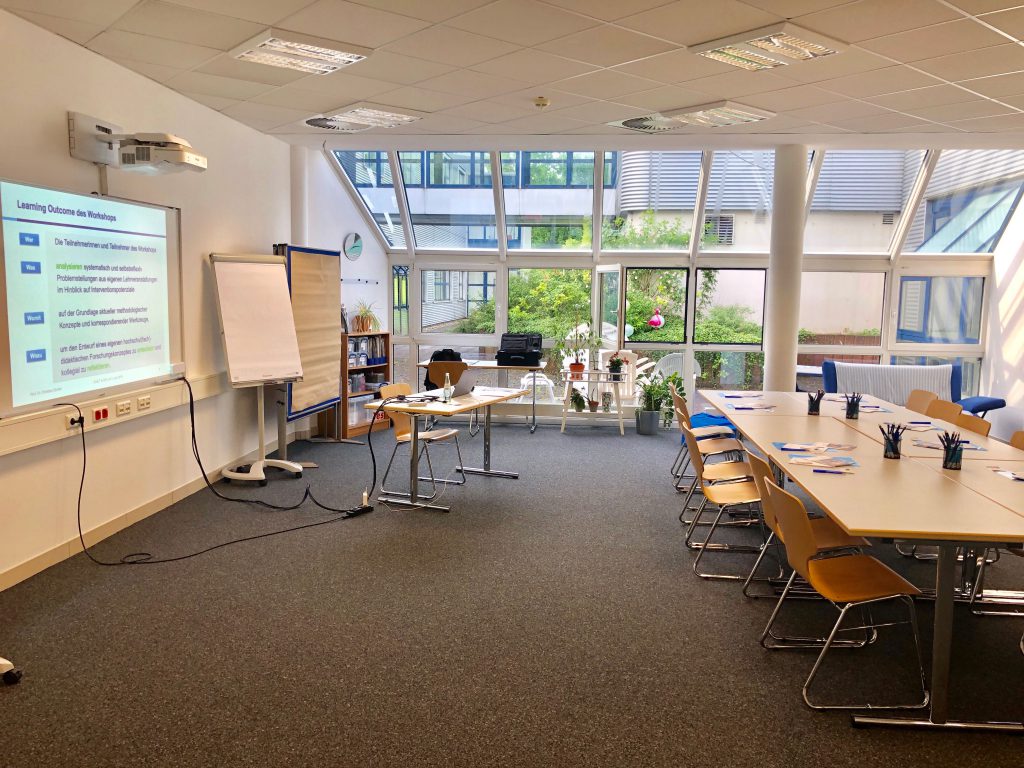
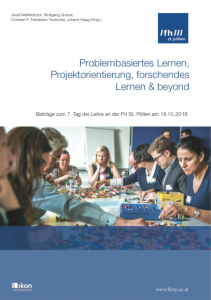
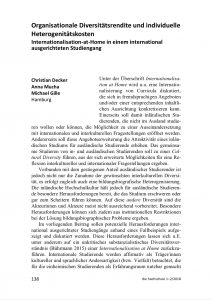
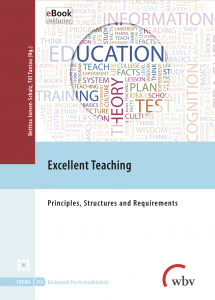
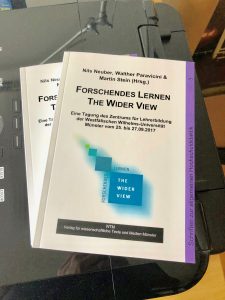
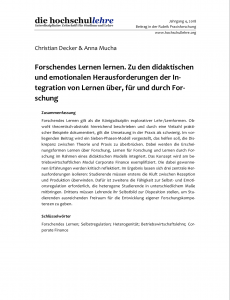
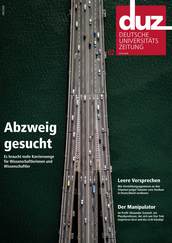
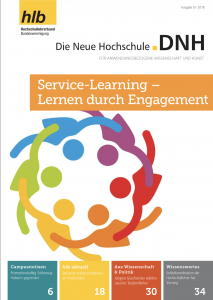

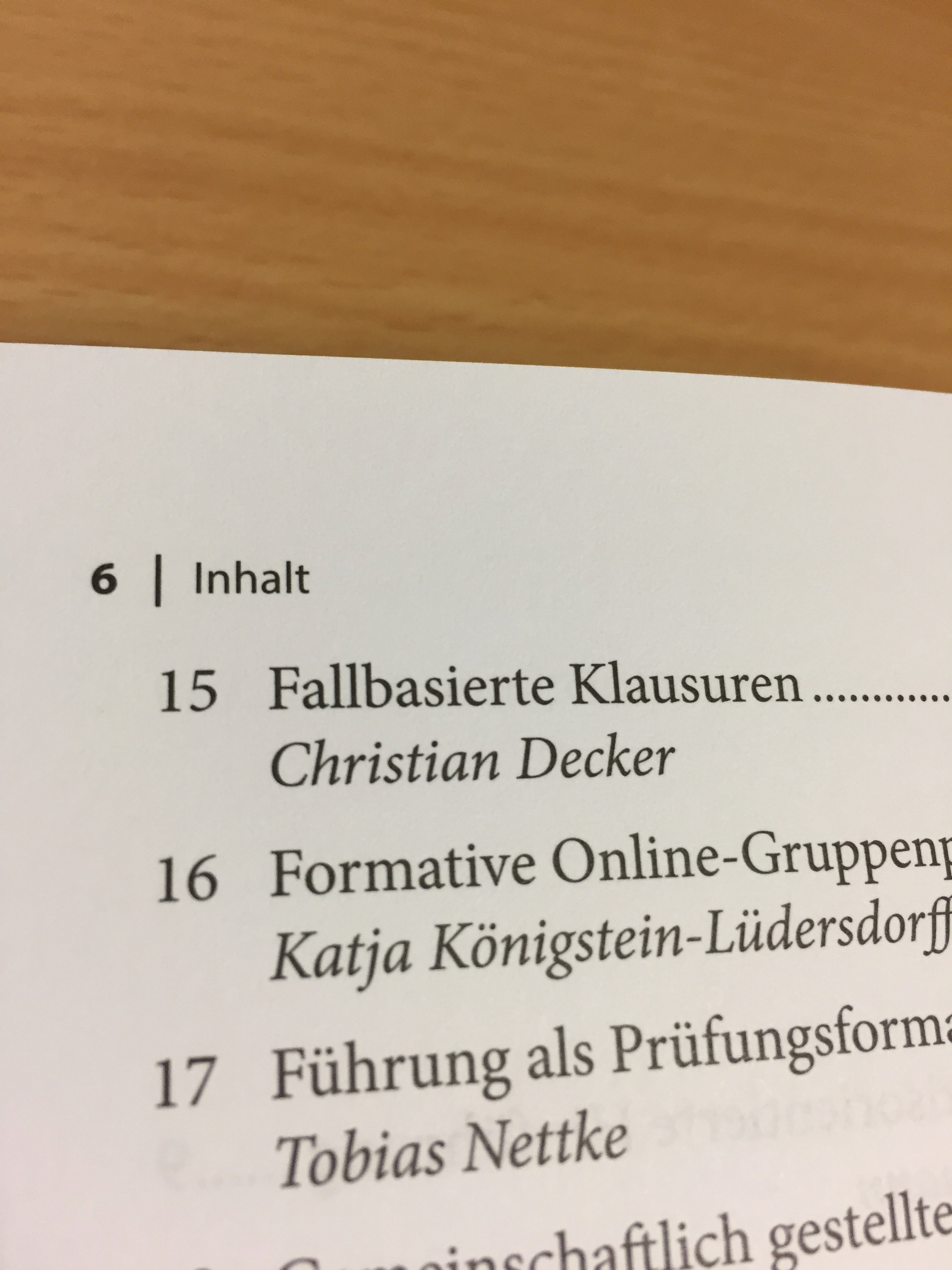
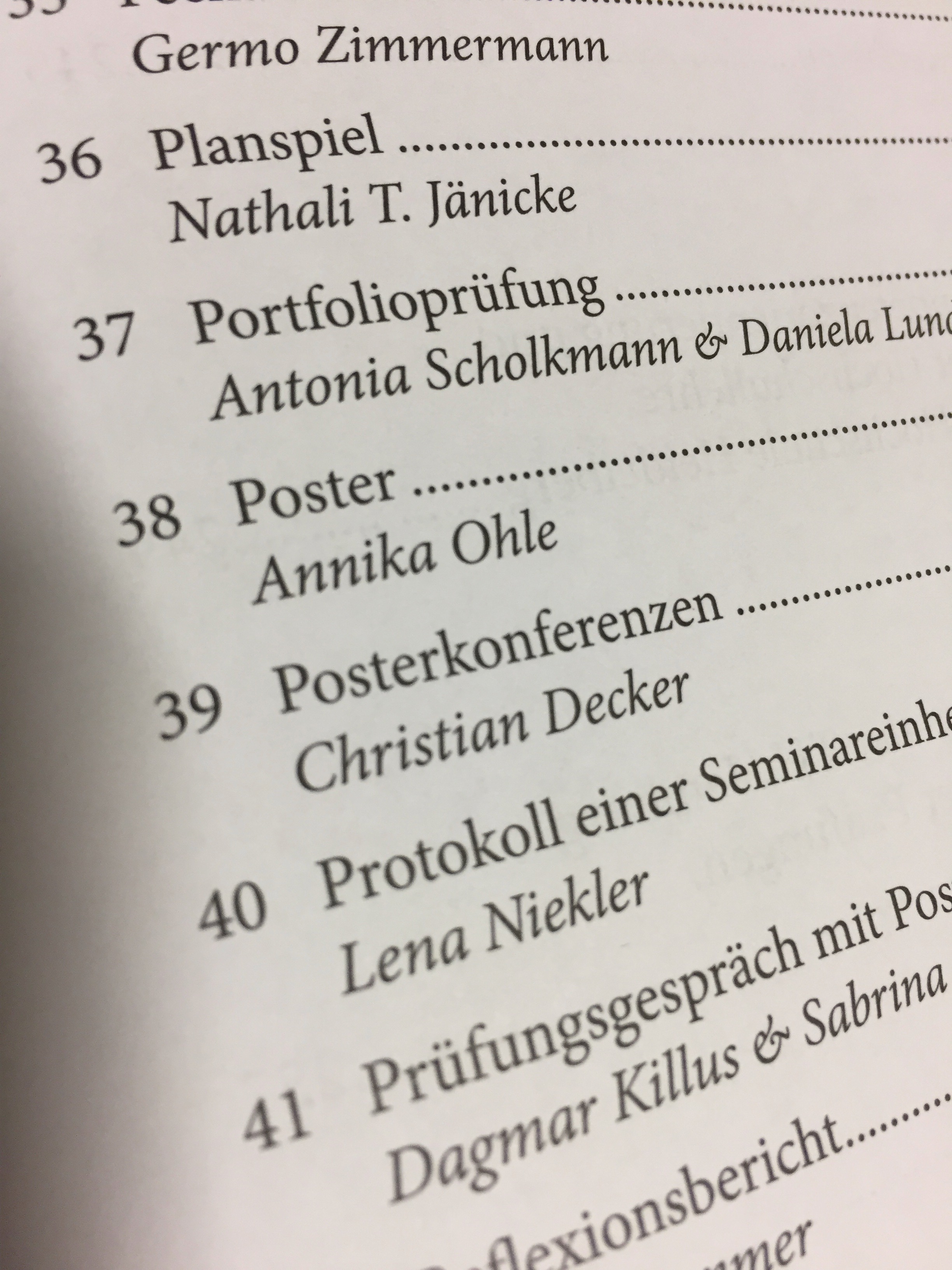
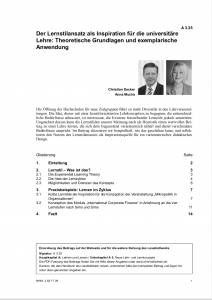
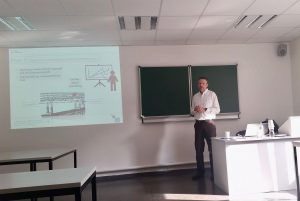
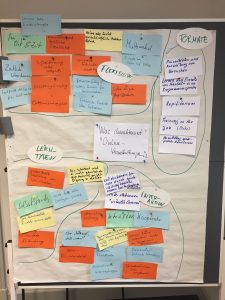
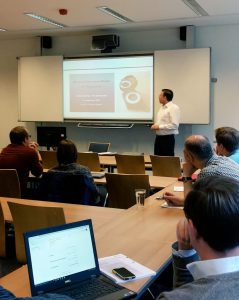
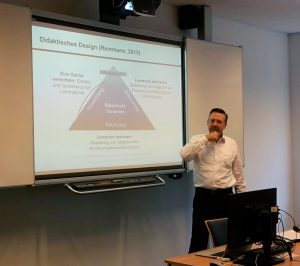 Especially the last observation leaves room for a further development of the ICM. However, didactical designs based upon an UDL approach require a tremendous amount of resources in terms of time and money if they are individually developed by instructors and/or educational institutions. An alternative might be the use of
Especially the last observation leaves room for a further development of the ICM. However, didactical designs based upon an UDL approach require a tremendous amount of resources in terms of time and money if they are individually developed by instructors and/or educational institutions. An alternative might be the use of 